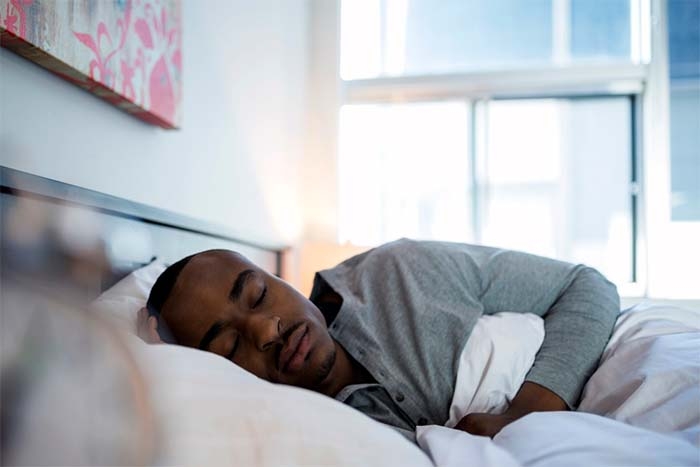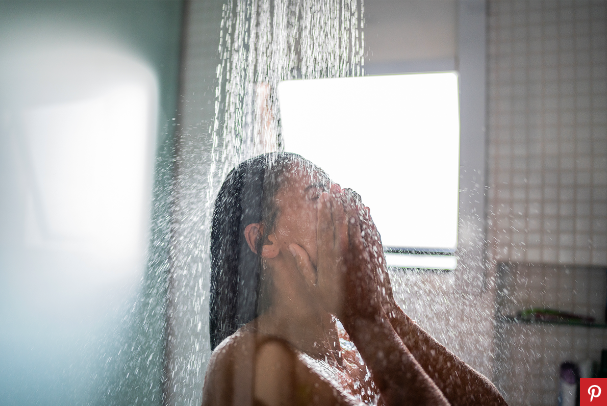
Observations about sleep and its health benefits date back at least 2,000 years.
Aristotle’s publication On Sleep and Sleeplessness in 350 B.C. suggested that digestion in the stomach produces hot vapors that lead to sleep, and that people with fevers experience something similar, driving them to snooze to help the healing process.
While the vapors idea did not pan out, decades of scientific evidence show that sleep is a solid way to bolster the immune system against colds, influenza, and respiratory infections. That work suggests that sleep may be a powerful tool to fight the pandemic—and not just by reducing the likelihood or severity of infections. Sleep may ultimately boost the effectiveness of COVID-19 vaccines when they become available, and a flurry of studies are underway measuring how much of a health buffer we gain against the coronavirus by hitting the sack.
For the full story, visit NationalGeographic.com/Science.





